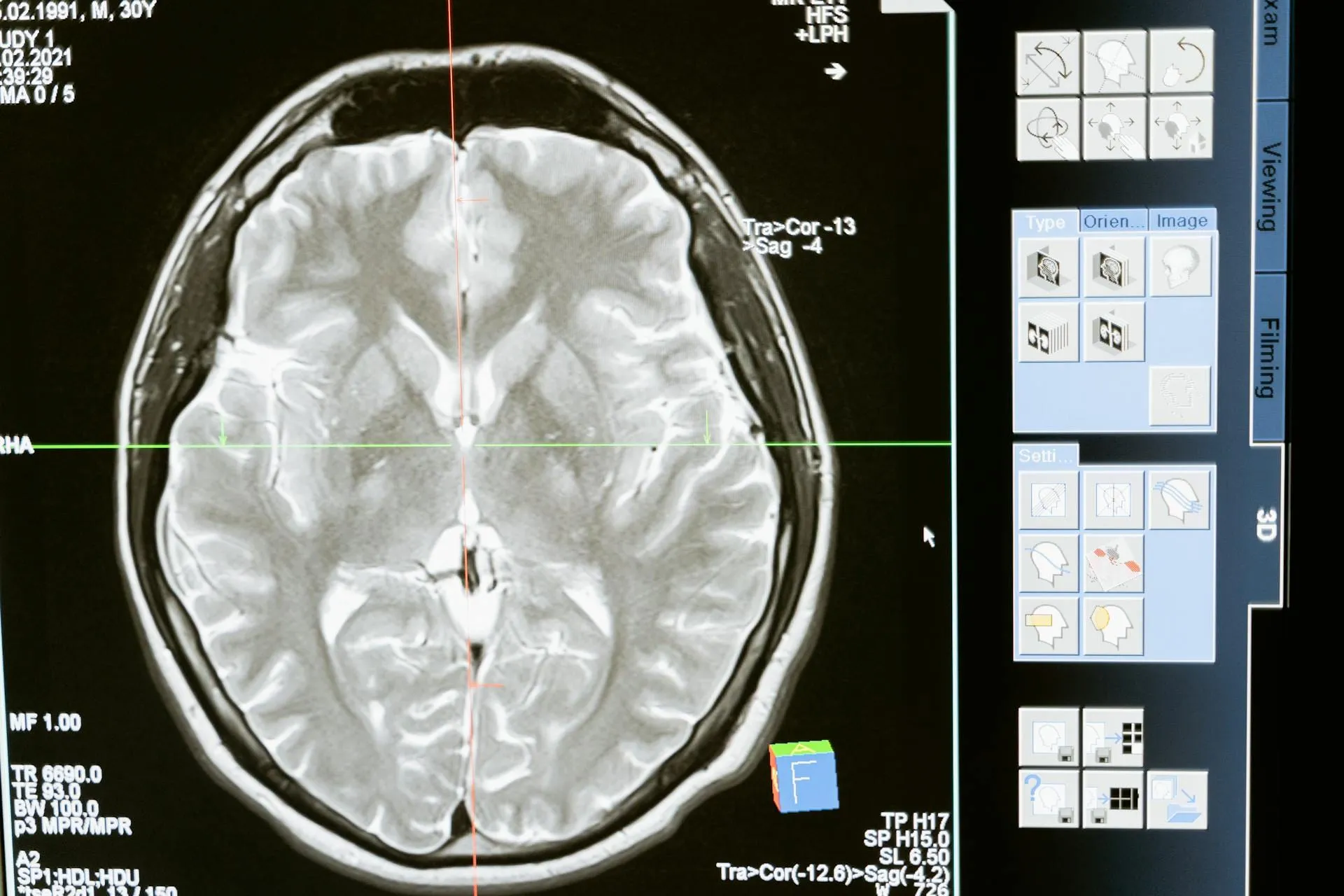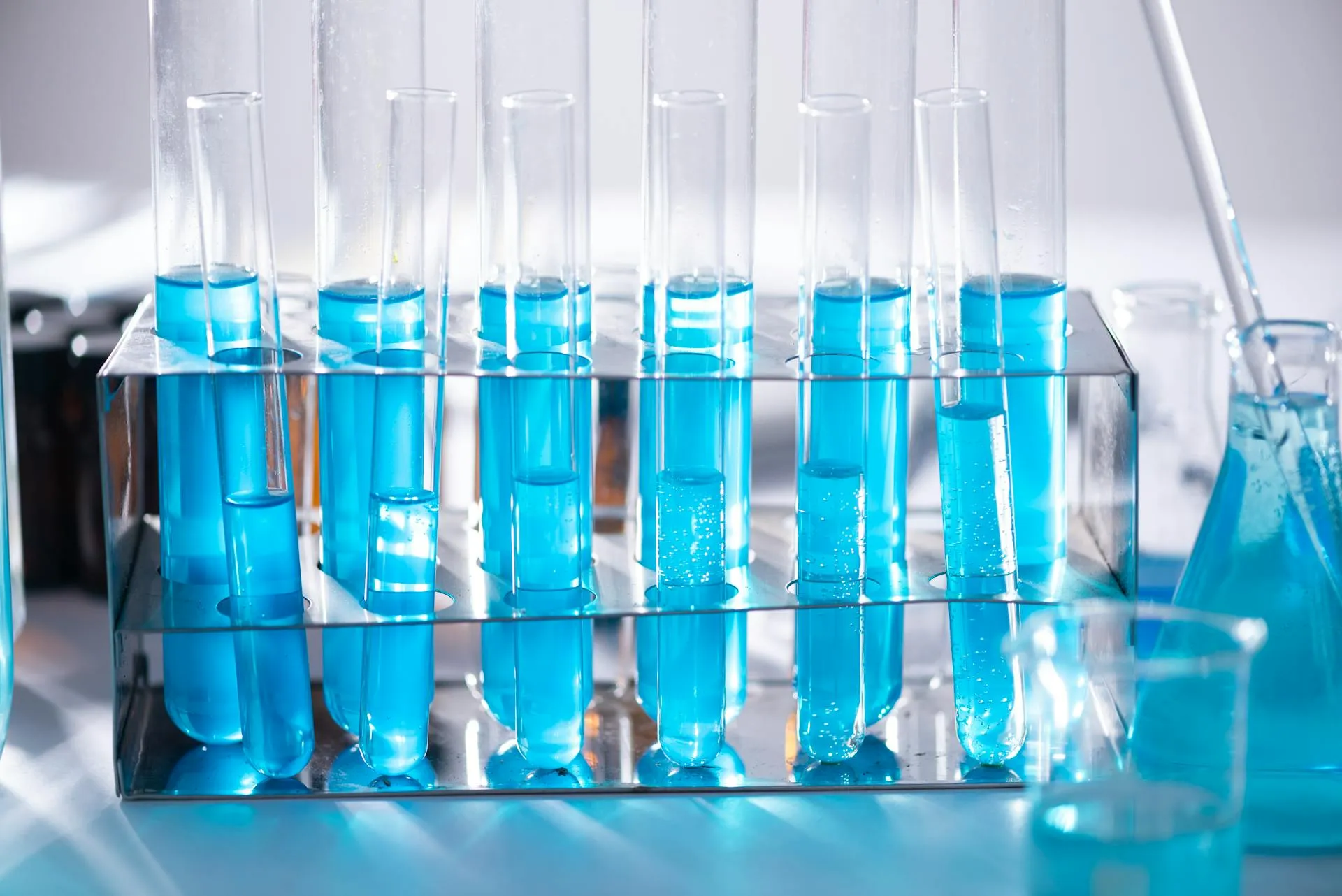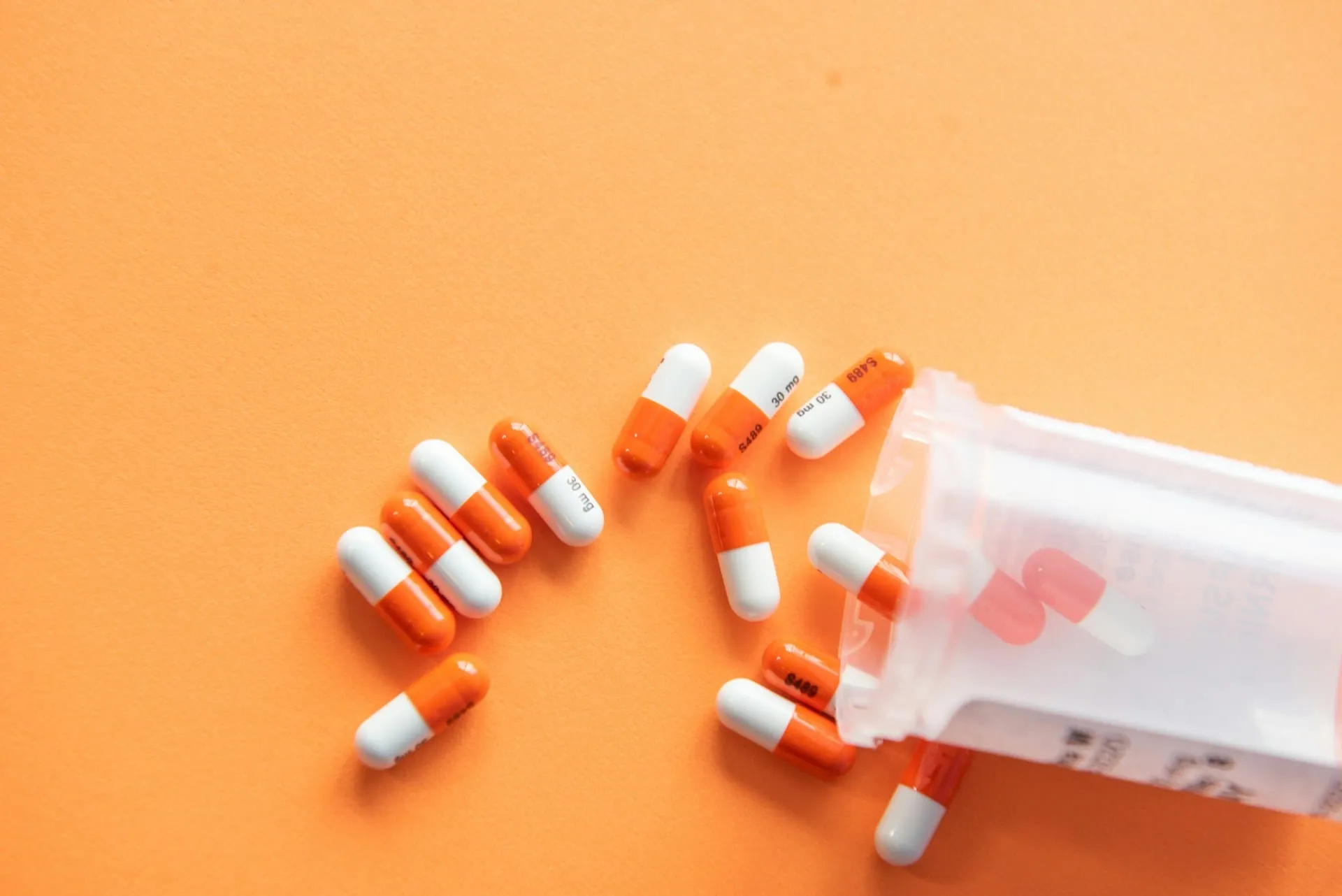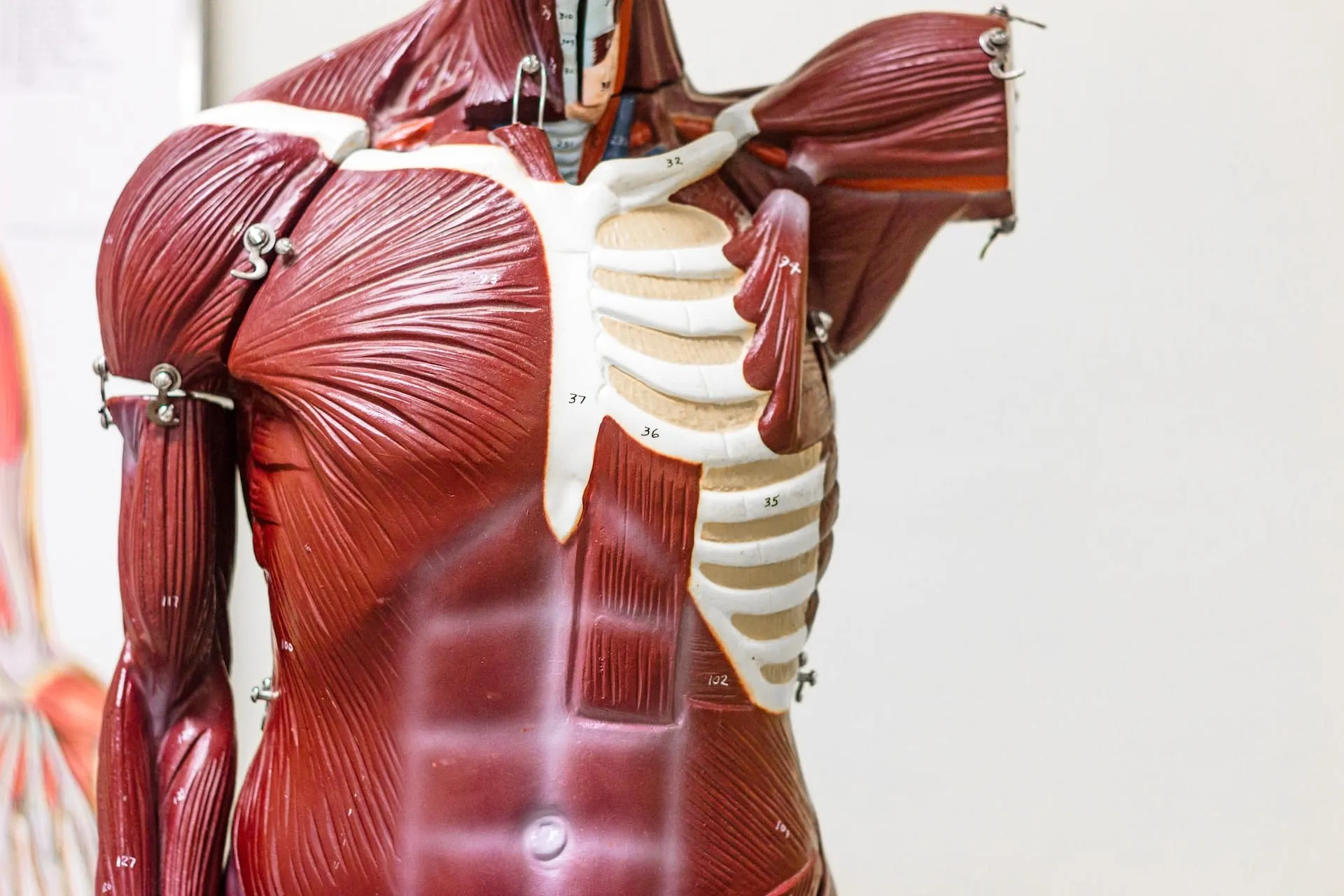The Department of Physiological Sciences, School of Medicine serves as a vital hub for advancing students understanding of the complex mechanisms governing the human body. This department plays a crucial role in medical education, research, and clinical practice, contributing to the comprehensive training of future healthcare professionals. With a multidisciplinary approach, the department integrates Neuroscience, Biochemistry, Pharmacology and Physiology to unravel the intricacies of human physiology and pathophysiology. The faculty in the Department of Physiological Sciences boast a variety of specialisations including medical doctors, experts in neurology, pharmacology and pharmacognosy, cancer and genetics researchers, proteomics experts and physiologists who have specialized in HIV, cardiovascular and diabetes research. The department is however, committed to the continuous professional development of its faculty members and students. Opportunities for conferences, workshops, and collaborative initiatives ensure that individuals within the department stay abreast of the latest advancements in physiological sciences and related fields.
Units

Neuroscience Unit
Welcome to the Neuroscience Unit, Physiological Sciences Department
Fundamentals of Neurosciences is a basic science undergraduate course offered at 3rd year level in the Department of Physiological Sciences. It is offered to Medical Students studying for their award of the Bachelor of Human Biology degree. It prepares students for clinical specialties such as Neurology, Psychiatry and Mental Health, Neurosurgery and Developmental Disorders in Pediatric Neurology.
The course is composed of three modules, namely;
- Neuroanatomy, which introduces students to the structural aspects of the brain and
spinal cord. - Neurophysiology, which introduces students to the mechanisms underlying brain
function and dysfunction - Neuropharmacology, which introduces students to drugs acting on the Nervous system
The course was introduced in the Department in 2013 and has seen some of its faculty awarded travel grants to attend Neuroscience Teaching Tools Workshops and Schools in various African countries as well Neuroscience conferences globally. Currently, one of its faculty sits on the International Brain Research Organization IBRO African Regional Committee, which is an organ of IBRO that presides over funding awards to young African Neuroscientists involved in Neuroscience education, research and advocacy in their various African Countries.

Biochemistry Unit
Welcome to the Biochemistry Unit, Physiological Sciences Department
Biochemistry is diverse branch of science that incorporates cell biology, structural biology, chemistry, enzymology, physiology and genetics. In these overlapping areas of expertise, biochemistry flourishes allowing for the application of multiple techniques to answer important questions. Our excellent undergraduate and postgraduate education programs develop the next generation of scientists.
While our researchers collaborate with colleagues around the world to answer fundamental questions on how cells and their constituent molecules work in life and relate to disease. Some of the areas we study include cancer genetics, mechanism of action of various plant extracts, investigating potential biomarkers for early detection of non-communicable diseases and understanding the various signalling pathways in diseases.

Pharmacology Unit
Welcome to the University of Zambia, Pharmacology Unit, Physiological Sciences Department
The Pharmacology and Therapeutics courses, available at both undergraduate and postgraduate levels, educate students on using drugs to prevent, diagnose and treat diseases. It provides comprehensive insights into drug actions, mechanisms, and effects in humans, preparing students to apply this knowledge in cost-effective, personalized therapeutics.
The students are trained to understand the fundamental principles of therapeutics evidence-based and rational drug use, aligned with WHO, international and national standard health policy guidelines. They learn drug disposition processes, mechanisms of action, clinical uses of different drug classes and apply this knowledge to therapeutics drug classes.
The curriculum outlines principles of drug mechanisms, pharmacological effects, and their implications on treatment. It covers drugs' beneficial and detrimental effects, their applications in treating diseases, potential adverse effects, and drug interactions. Students acquire knowledge of risk-benefit and cost-benefit analysis and skills to promote safe drug use, patient education, optimise therapeutic outcomes and inform health policy development.
Laboratory exercises include experiments involving the testing of drugs on a laboratory animal and isolated tissue. It encompasses administering the drug, observing its effects, analysing the results, inferring logical conclusions, and summarising the findings in scientific reports.
Students are educated on conducting literature reviews on medical therapeutics and applying findings in care plans. They learn laboratory and research skills alongside, promoting clear communication about drug usage, promoting rational drug use, and discouraging misuse. Faculty and Postgraduate students also research conventional and herbal remedies, exploring drug development, patient care, community advocacy, medication safety, and disease prevention and treatment.

Physiology Unit
Welcome to the Physiology Unit, Physiological Sciences Department
The Physiology Unit is instrumental in delivering foundational education to medical students. Courses cover topics such as cellular and molecular physiology, organ system function, and integrative physiology. Faculty members employ innovative teaching methodologies, including hands-on laboratory experiences and technology, to ensure students acquire a deep understanding of the principles that underpin human health.
Welcome to the Physiology Unit, Physiological Sciences Department
The Physiology Unit is instrumental in delivering foundational education to medical students. Courses cover topics such as cellular and molecular physiology, organ system function, and integrative physiology. Faculty members employ innovative teaching methodologies, including hands-on laboratory experiences and technology, to ensure students acquire a deep understanding of the principles that underpin human health.
A cornerstone of the Physiology Unit is its commitment research. Faculty members engage in diverse research projects, exploring areas such as cardiovascular physiology, neurobiology, endocrinology, and metabolic regulation. The department fosters a collaborative research environment, encouraging interdisciplinary studies that contribute to scientific advancements and medical breakthroughs
The unit and department as a whole collaborates closely with clinical departments to bridge the gap between basic science and clinical practice. By understanding the physiological basis of diseases, faculty members contribute valuable insights to the development of diagnostic and therapeutic strategies. The integration of clinical case studies into the curriculum ensures that students appreciate the real-world implications of physiological principles.
